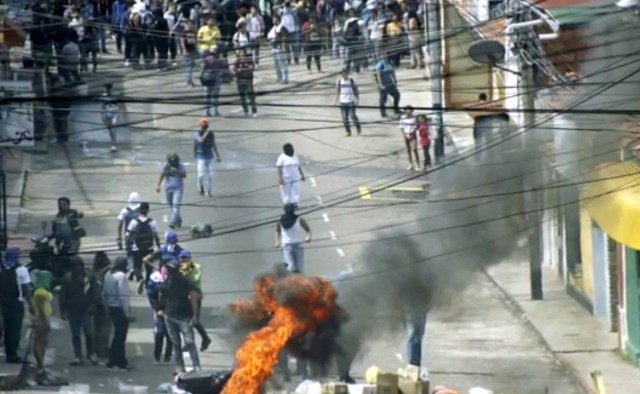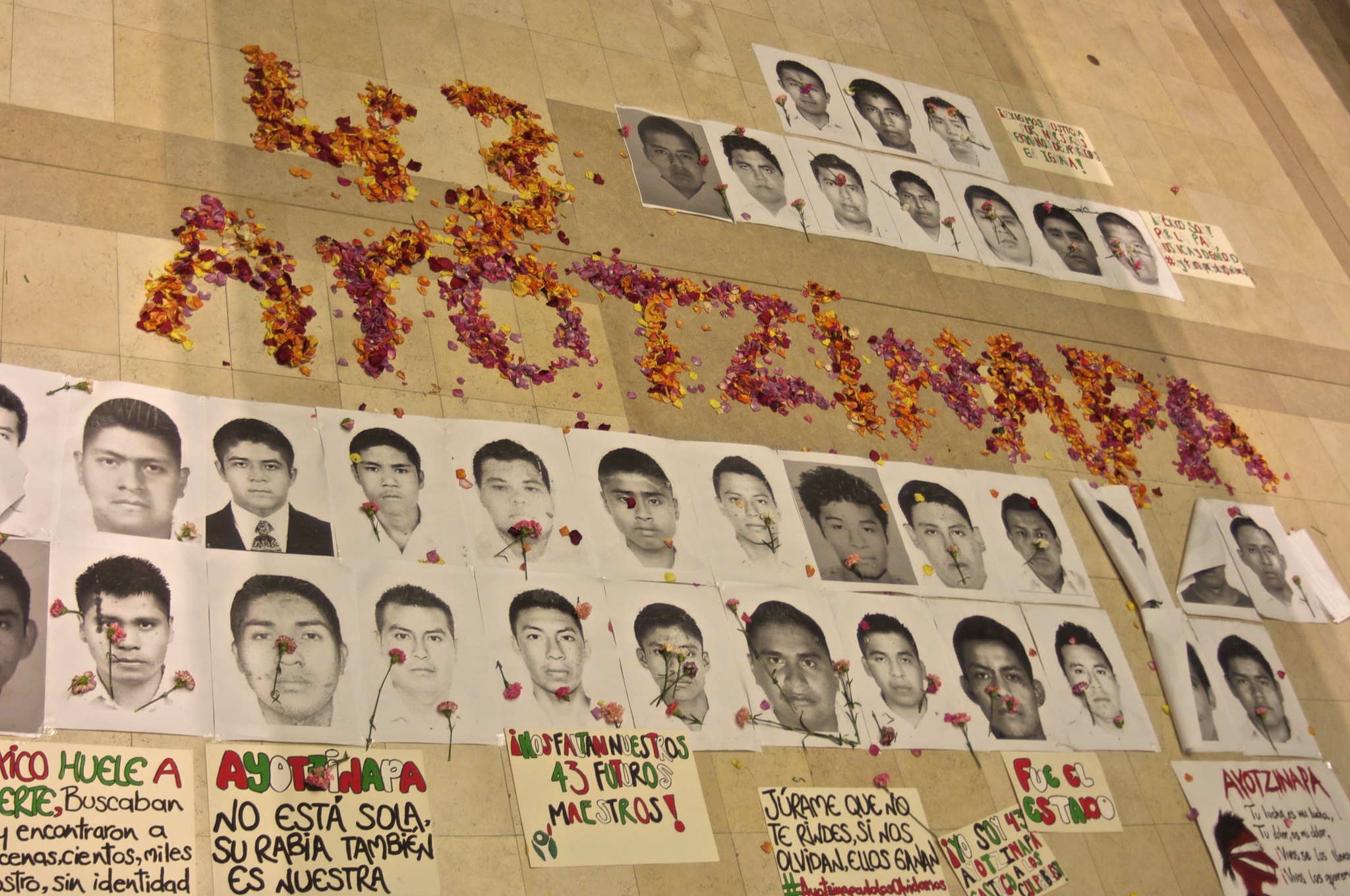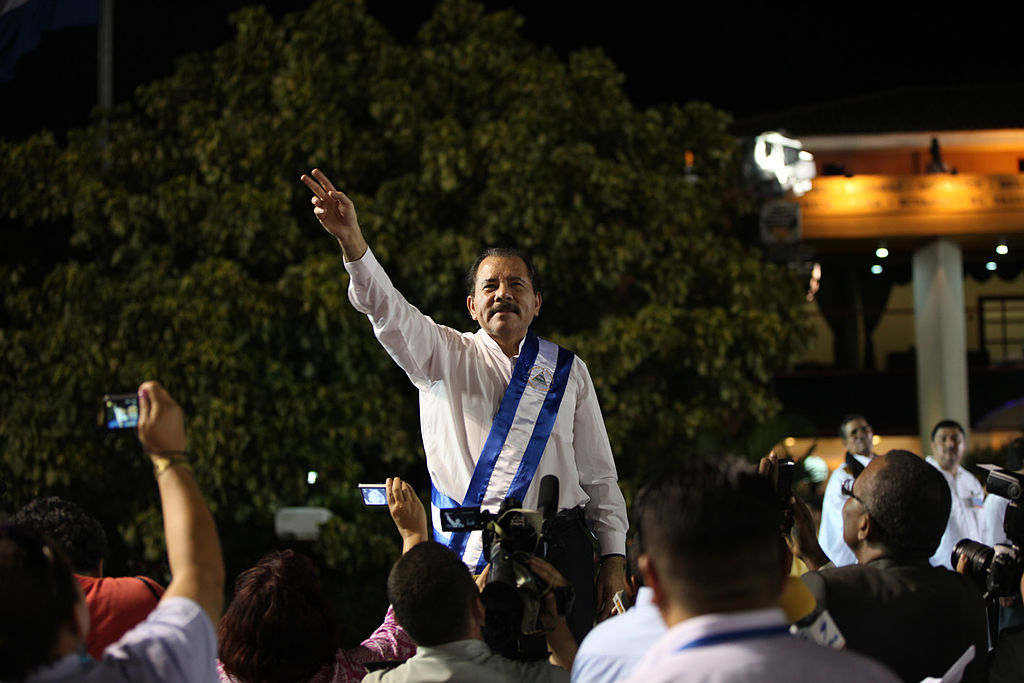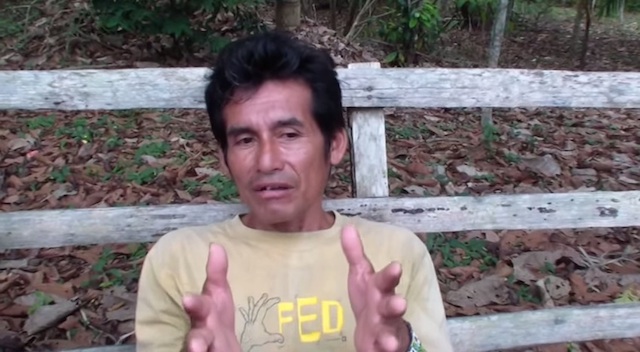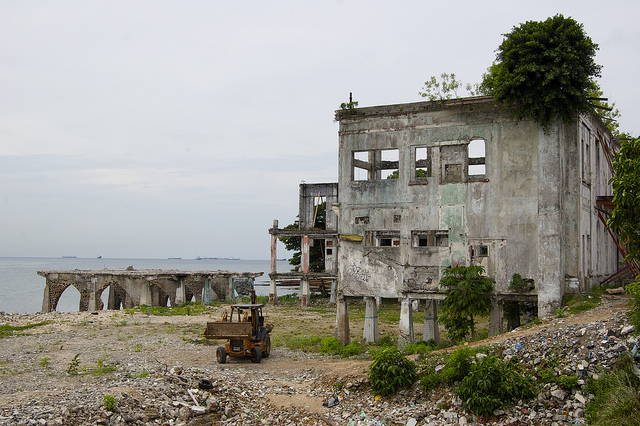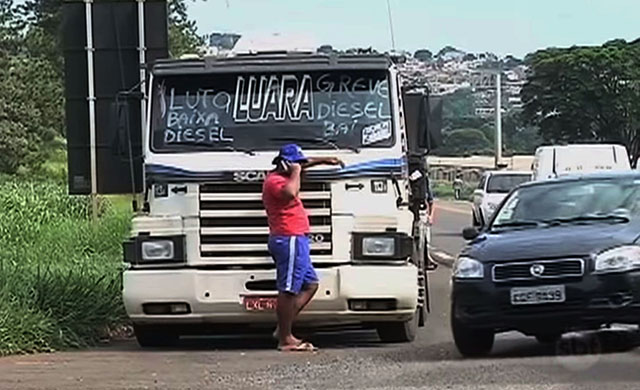
Brazil, Latin America: Week in Review, Southern Cone
Truckers’ Protest Snags Brazil Highways, Economy
February 26, 2015 By Staff
Truck drivers in Brazil continued blocking roads across much of the country on Wednesday, and the government offer aimed at halting the protests did not immediately receive a reply, Reuters reported.
Drivers in at least 10 states are protesting a tax on diesel fuel put in place by the government of President Dilma Rousseff, amid a larger effort to close a wide budget deficit. The widespread blockades, which have resulted in shortages of food and fuel and hampered Brazil’s exports, began on Feb. 18.
After talks on Wednesday failed to produce immediate results, government officials reportedly extended an offer to the drivers which would lower costs for their sector, allow for negotiations on shipping rates, and provide for a year’s worth of free financing. A representative for the truckers had previously suggested that if the fuel tax can’t be lowered, shipping rates should be hiked.
The protests have both worsened and highlighted the problems in Brazil’s economy. Manufacturers and farmers have both seen their businesses suffer due to an inability to acquire supplies as well as to bring products to market. In the past year, workers in several key sectors — public transit and air traffic control among them — have gone on strike for higher wages. However, slowing economic growth and a major budget deficit have made it difficult for the government to grant the wage increases often demanded by protesters.
North America
- A teachers’ demonstration in the Mexican town of Acapulco has left a 65-year-old man dead and at least 12 injured after police used truncheons and tear gas to break up the demonstration.
- Amid ongoing protests over the fatal police shooting of unarmed Mexican immigrant Antonio Zambrano-Montes in Washington state, police announced that a total of 17 shots were fired at the victim, drawing ire from the largely Hispanic community.
Caribbean
- Around 10,000 Haitians protested in Port-au-Prince on Wednesday, decrying the continuous mistreatment of their countrymen in the Dominican Republic and demanding the neighboring country respect Haitians’ human rights.
- Cuba is willing to restore relations with the United States in time for the Summit of the Americas in April if the United States agrees to remove Cuba from a list of states that sponsor terrorism, announced a senior Cuban official on Wednesday.
- Meanwhile, the second round of talks between Cuba and the United States are due to take place on Friday, and will focus on the steps needed to reopen each country’s respective embassies, according to a U.S. State Department official.
Central America
- Guatemala’s ex-President Alfonso Portillo was released from a minimum-security facility on Wednesday, after he was sentenced to six years in U.S. prison on charges of bribery last year.
- Guatemalan officials captured two men accused of involvement in a criminal ring that stole several paintings from a church, shedding light on the art crime trade, which is worth up to $6.3 billion a year.
- Panama and Costa Rica agreed to increase cooperation to tighten their border security in the face of high levels of organized crime, weapons and drug trafficking in Central America, as the two countries lack standing armies and and rely on their polices forces for national security.
Andes
- Flooding in northern Bolivia has displaced over 4,000 people after heavy rains caused two rivers to burst their banks.
- A new report on Colombia’s domestic drug trade states that there is a rise in demand for drugs in the country, but that this is not correlated with easier access to drugs, disproving common myths about the drug trade.
Southern Cone
- A mass fish die-off in Brazil’s Guanabara Bay, the sewage-contaminated site in Rio de Janeiro where events will be held during next year’s Olympics, has promted an investigation by the state’s environmental agency.
- McDonald’s is facing a major lawsuit that could temporarily halt the company’s operations in Brazil, where labor organizations have accused the company of labor abuses that include poor working conditions, hiring underage children, paying less than minimum wage and withholding overtime payments.
< Previous Article
